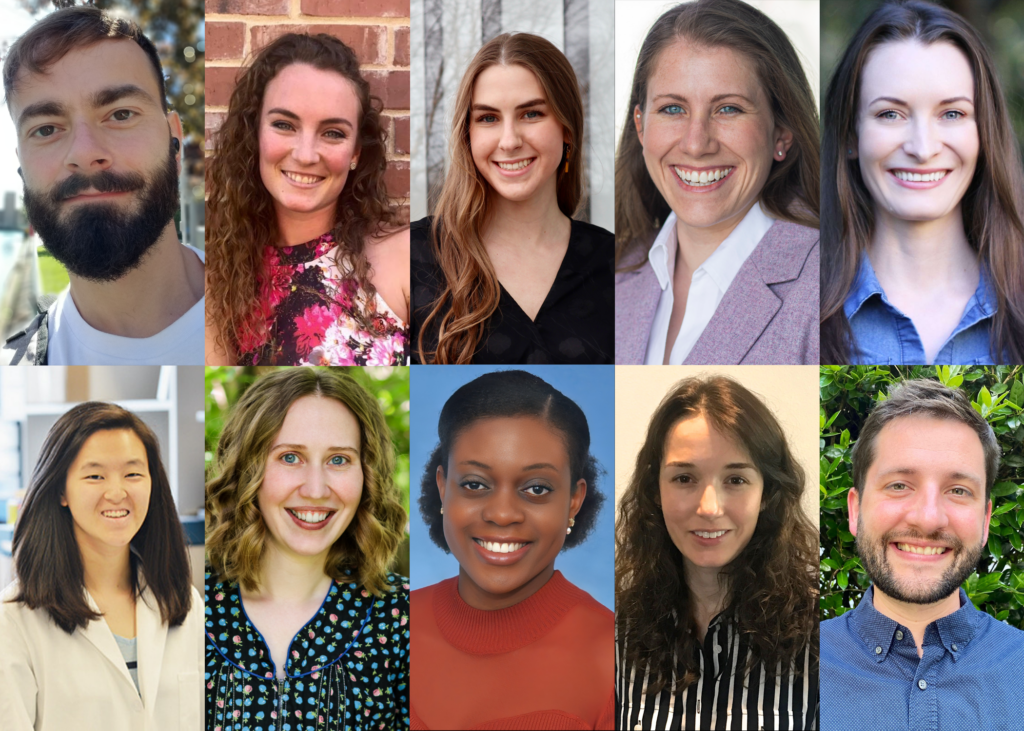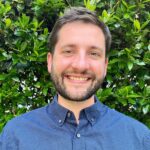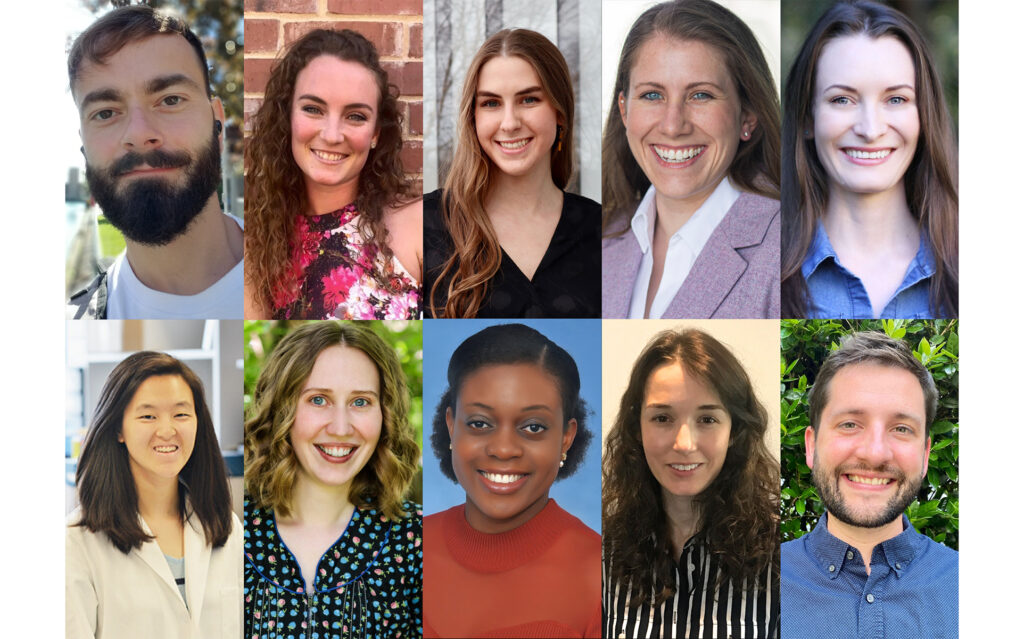
GSA is pleased to announce the recipients of the DeLill Nasser Award for Professional Development in Genetics for Spring 2022! Given twice a year to graduate students and postdoctoral researchers, DeLill Nasser Awards support attendance at meetings and laboratory courses.
The award is named in honor of DeLill Nasser, a long-time GSA supporter and National Science Foundation Program Director in Eukaryotic Genetics. Nasser was regarded by some as the “patron saint of real genetics,” shaping the field through more than two decades of leadership. She was especially supportive of young scientists, people who were beginning their careers, and those trying to open new areas of genetic inquiry. For more about Nasser, please see the tribute from Scott Hawley, published in the August 2001 issue of GENETICS.

Jon Hibshman
Postdoctoral fellow, University of North Carolina, Chapel Hill
“My research seeks to understand how some animals can survive extreme stresses like desiccation.”

Diedre Reitz
Postdoctoral fellow, University of California, Davis
“My research aims to understand the mechanisms responsible for preventing homologous recombination-mediated genome rearrangements between repetitive elements.”

Anna Moyer
Postdoctoral fellow, University of Alabama, Birmingham
“I use zebrafish to understand how the overexpression of chromosome 21 genes contributes to abnormal brain development in people with Down syndrome.”

Jennifer Chik
Postdoctoral fellow, University of California, San Diego
“My research focuses on identifying and characterizing multi-functional proteins with roles in two critical pathways: amino acid metabolism and chromatin regulation.”

Shannon Hateley
Postdoctoral fellow, Carnegie Institution for Science
“I use computational biology and ecological genomics methods to investigate how plants will adapt to climate change.”

Maria Sterrett
PhD candidate, Emory University
“We study human disease mutations that impact conserved RNA regulatory pathways by modeling the mutations in yeast and assessing the functional and molecular consequences using genetics and biochemistry techniques.”

Emily Hendricks
Master’s student, Southern Illinois University, Edwardsville
“My research uses Drosophila to study the molecular mechanisms of synaptic dysregulation in neurodevelopmental and neurodegenerative diseases.”

Uzezi Okinedo
PhD candidate, University of Massachusetts, Boston
“I study the genetic basis of adaptation in African rice (Oryza glaberrima) to identify and characterize domestication loci for potential genetic improvement.”

Sophia Sanchez
PhD candidate, University of Texas, Austin
“We leverage C. elegans to understand the individual contribution of Hsa21 genes to cellular and molecular phenotypes that could be important in Down syndrome.”

Vladimir Lazetic
Postdoctoral fellow, University of California, San Diego
“My research focuses on uncovering novel mechanisms that regulate an immune response against viral and fungal pathogens.”













